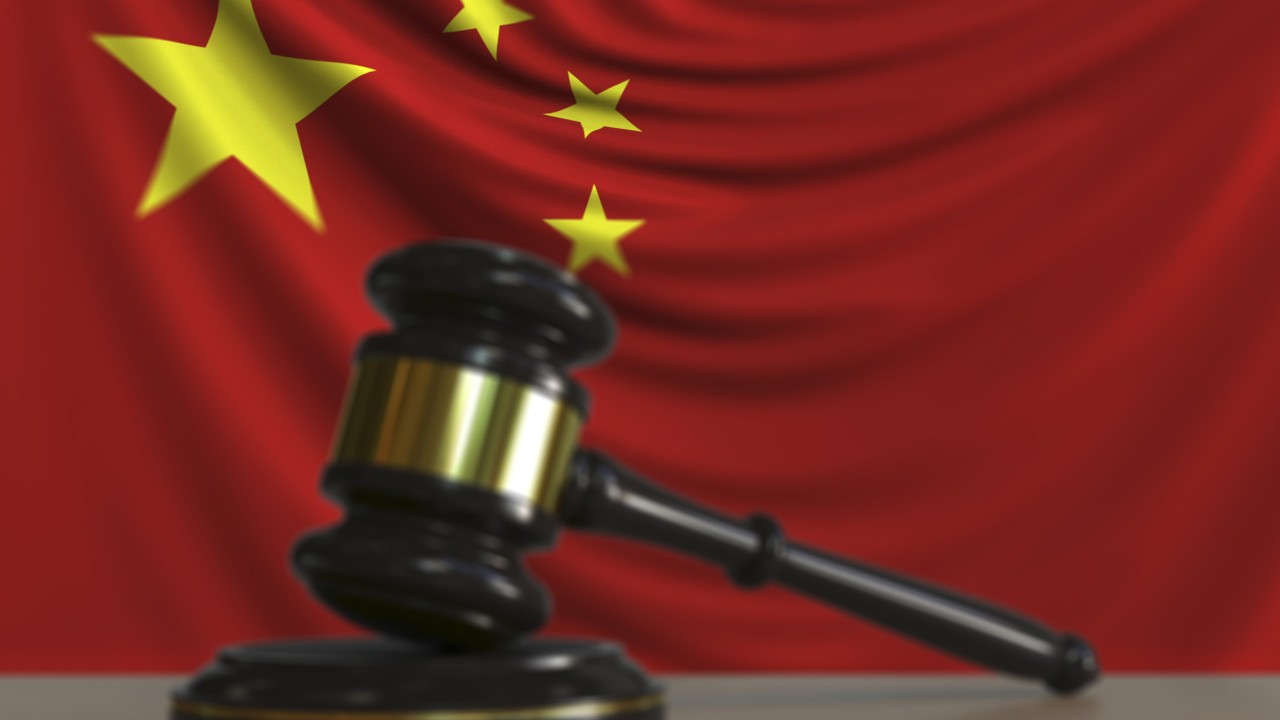Ex-head of Chinese state-owned company jailed for 6 years on spying charges
[ad_1]

A former state-owned company executive has been jailed for six years by a court in southwest China on espionage charges after he was found to have provided classified documents to a foreign country that he was applying to immigrate to, according to official media.
It comes as China has expanded its anti-espionage law, broadening the definition of spying, and is also making a major update to its state secrets legislation.
The man, who was identified only by his surname, Wang, used to head the overseas arm of a state-owned firm based in southwest China, Sichuan Radio and Television reported, quoting the provincial state security agency.
The report did not name Wang’s employer or the country he was found guilty of providing state secrets to.
It said the company had been accused in a 2012 lawsuit of spying for China, without giving further details. The Sichuan state security agency noticed during the case that Wang had applied to immigrate with his family via a highly unusual channel and decided to investigate, according to the report.
Materials related to Wang’s company were found when authorities searched his home in Chengdu, 14 of them considered “classified information”.
“Our investigation found that in order to gain the trust of this country, he provided ‘evidence’ – according to their spy agency – so that they could maliciously accuse us, leading to the Chinese company not being able to operate internationally, and the development of Chinese industry being blocked,” a Sichuan state security agency employee told the broadcaster.
The report said Wang was recently sentenced by the Chengdu Intermediate People’s Court to a six-year prison term and had 500,000 yuan (US$68,700) confiscated.
Spy games: why the US-China cold war is heating up in public
Spy games: why the US-China cold war is heating up in public
China’s top legislative body in April passed the first revision to the country’s counter-espionage law since 2014. The revised law took effect in July. It makes “cyberattacks against state organs” part of espionage, and includes documents, data, materials and items related to national security and interests as “state secrets”.
The sweeping changes come as Beijing is locked in an intelligence war with Washington and its allies.
He said the security apparatus needed to stay “keenly aware” of the complicated and challenging circumstances around national security and grasp the major related issues.
[ad_2]
Source link





